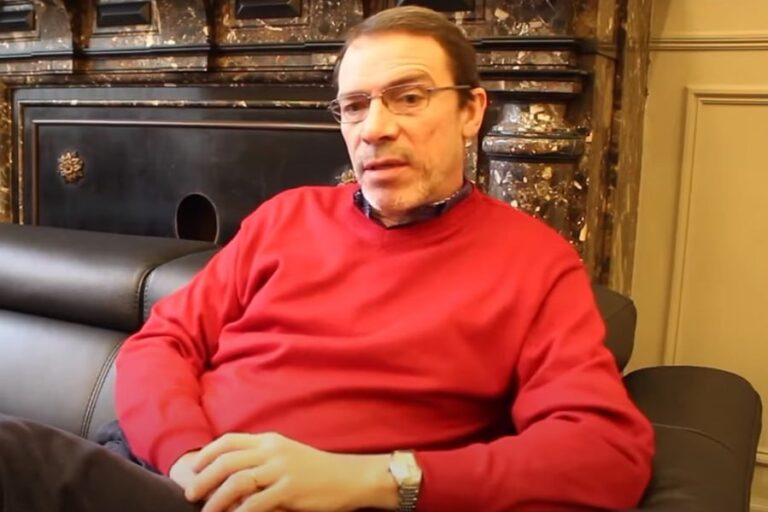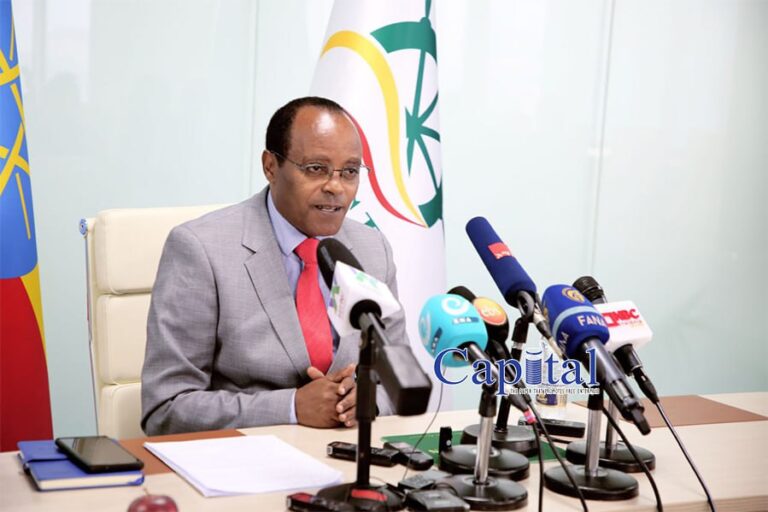UNHCR, the UN Refugee Agency in Sudan is pleased to announce the successful completion of two critical projects funded by the Government of Japan, aimed at addressing the urgent needs of refugees, asylum-seekers, and host communities affected by the ongoing conflict in Sudan.
The first project provided life-saving shelter and core-relief items to refugees and asylum-seekers in White Nile, Kassala, and Gedaref states to help meet their basic needs and improve their well-being. The second project strengthened health and nutrition services particularly for refugee children and mothers and improved water, sanitation, and hygiene (WASH) facilities in ten refugee camps in White Nile State.
With a total funding of USD 2.2 million, these projects had a significant impact on the lives of forcibly displaced people and hosting communities in Sudan. This generous contribution to UNHCR facilitated access to essential health care services, enhanced water availability, and promoted better hygiene practices, creating a more stable and secure environment for people in need.
“These projects were implemented at a critical time when both refugees and the people of Sudan were profoundly affected by the ongoing devastating conflict, and access to assistance and basic services became more difficult,” said Kristine Hambrouck, UNHCR Representative in Sudan. “This generous support from Japan has been vital in delivering protection and assistance to refugees, other forcibly displaced people and hosting communities in Sudan,” added Hambrouck.
“In response to the catastrophic humanitarian situation in Sudan, where 8.6 million Sudanese are internally and internationally displaced, Japan’s contribution has significantly prioritized providing basic needs for those affected by the ongoing conflict, particularly women and children, who are of paramount importance to Japan,” remarked Kentaro Mizuuchi, the Chargé d’Affaires of Japan to Sudan. “Recognizing the invaluable efforts of UNHCR in addressing these challenges, Japan’s contribution has been directed towards supporting their work,” added Mizuuchi.
As the conflict in Sudan has reached its one-year mark and humanitarian needs continue to grow, UNHCR is committed to staying and delivering vital assistance to affected populations. UNHCR looks forward to continuing its partnership with Japan and other donors in addressing the ongoing humanitarian crisis in Sudan.
Distributed by APO Group on behalf of United Nations High Commissioner for Refugees (UNHCR).





